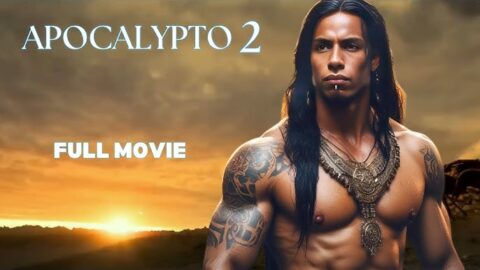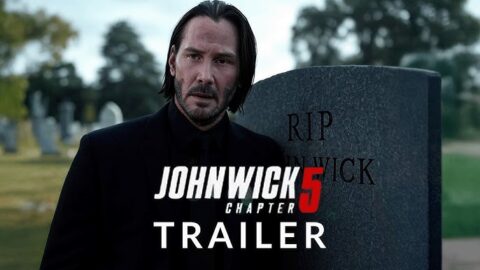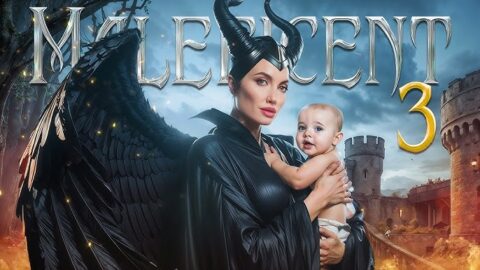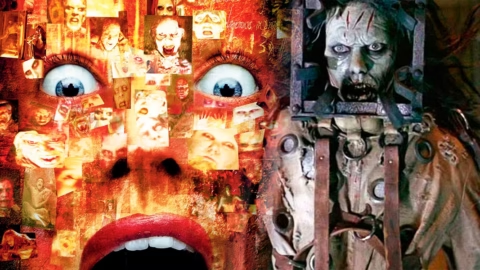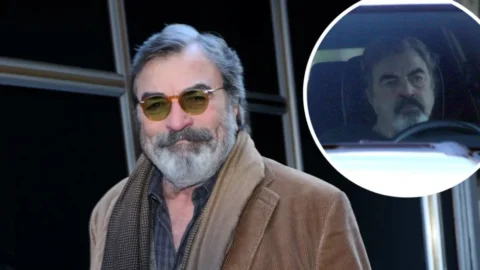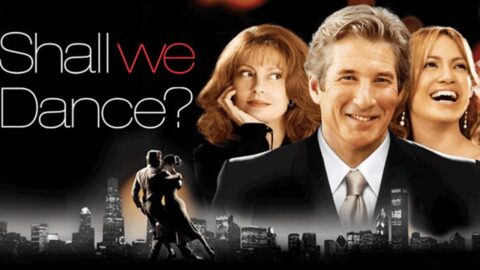Genre: Neo-Noir | Crime Thriller | Psychological Revenge
Point Blank (1967) is a lean, hypnotic blast of 1960s cool—an experimental neo-noir that turned a simple revenge story into a fractured, dreamlike meditation on betrayal, violence, and the alienation of modern life. Directed by John Boorman in his American debut, this cult classic took the pulp grit of crime cinema and gave it an existential, almost psychedelic edge that still feels ahead of its time.
Based on Richard Stark’s hard-boiled novel The Hunter (the same source that inspired Mel Gibson’s Payback decades later), Point Blank stars Lee Marvin at his steely, unstoppable best. He plays Walker, a double-crossed criminal left for dead on Alcatraz Island after a heist gone wrong. The man who betrayed him? His old friend Mal Reese (John Vernon), who steals his cut and his wife and uses the cash to buy his way back into a vast, shadowy criminal syndicate known only as “the Organization.”
Walker survives—though whether he’s alive or some ghostly figure stalking the underworld is a question the film leaves deliciously open. He emerges from the concrete ruins of Alcatraz like a specter driven by a single, relentless mission: get his $93,000 back. What follows is less a straightforward crime story and more a fever dream of 1960s Los Angeles—a sleek, neon wasteland of glassy modernist houses, empty airport terminals, and corporate boardrooms as cold as any gangster’s gun.
Marvin’s Walker is pure brute force—silent, unyielding, stripped of all sentiment. But Boorman films him like a tragic anti-hero, drifting through a disjointed landscape where time loops back on itself, memories blur into reality, and violence arrives with a sudden, shocking jolt. Is Walker driven by revenge? Greed? Or is he just a man with nothing left but a need to keep moving forward?
The film’s style is what sets it apart: jagged editing, bold splashes of color, echoing gunshots that fade into ambient silence. There are long, wordless stretches where Marvin’s expressionless face tells you everything—he’s not just hunting down his betrayers, he’s also unraveling whatever thin thread still tethers him to the world. Angie Dickinson gives the film a burst of warmth and energy as Chris, his sister-in-law, who may be drawn to Walker’s destructive magnetism—or just as lost as he is.
Point Blank is relentlessly modern for its era, foreshadowing everything from the fractured narratives of Nicolas Roeg and Christopher Nolan to the hyper-cool existential criminals of Drive and John Wick. It’s not just a revenge story—it’s an icy, stylish tone poem about a man who becomes a myth the moment he’s betrayed.
More than fifty years later, Point Blank still feels fresh, a crime thriller that’s part pulp noir, part art film, part existential riddle. Lee Marvin’s Walker doesn’t just shoot his way through the underworld—he drifts through it like a ghost demanding the only thing that makes sense in a world where nothing else does: his money. Whether he ever really finds it is beside the point. It’s the hunt, the cold fury, and the surreal disconnection that make Point Blank unforgettable—a classic of noir that refuses to play by anyone’s rules but its own.
